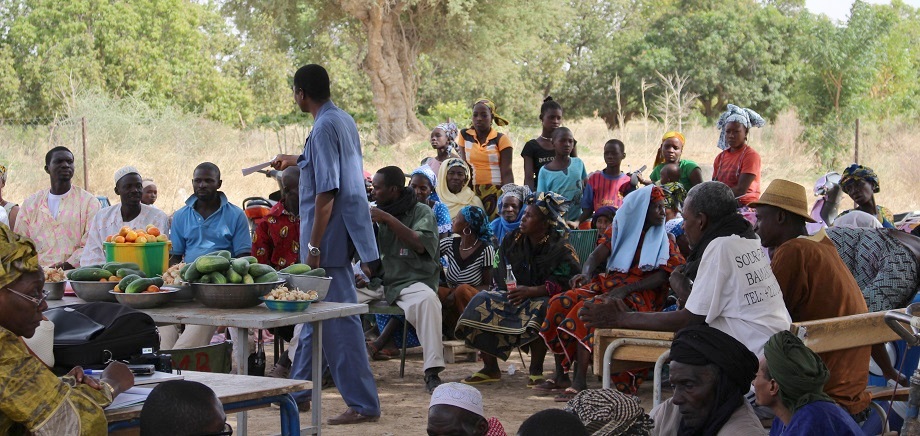Mali
Mali’s climate is characterized by strong inter-annual rainfall variability which has increased over the last 40 years. The recurrence of dry years and prolonged droughts has increased, causing severe negative effects on livelihood, increasing vulnerability of rural small farmers and pastoralists, and causes the deterioration of the fragile ecosystems. Climate Change projections for 2025 indicate that Mali may face a hotter and drier future. Average temperature is predicted to increase by 2.71°C to 4.51°C while rainfall is predicted to decrease by 8 to 10% by 2025 (studies conducted in the framework of the NAPA preparation). Mali’s NAPA reports that the agro-pastoral sector, involving 75% of the population, will be affected by CC.
The aim of this project is to enhance the capacity of Mali’s agropastoral sectors to cope with climate change (CC), by mainstreaming Climate Change Adaptation (CCA) strategies, practices and technologies adoption into on-going agropastoral and agricultural development initiatives in the framework of the national Sustainable Land Management (SLM) approach and programme.
SHARP is being used as a baseline assessment and integrated into the FFS activities to help better understand resilience and assist in learning. Training for SHARP in Mali will commence in mid 2016.

